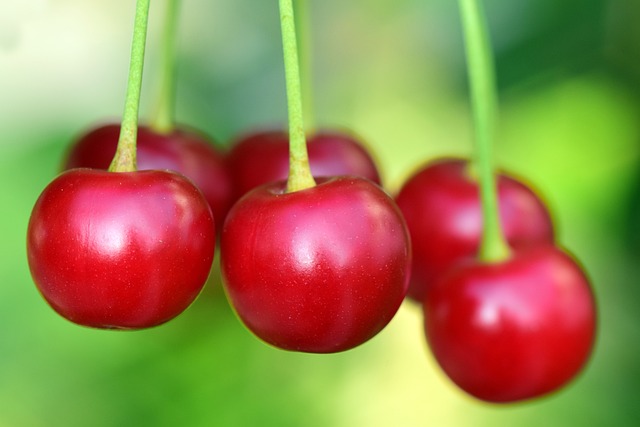Beyond Yogurt: Unconventional Ways to Incorporate Probiotics into Your Diet
Introduction
Probiotics have gained significant popularity in recent years, and for good reason. These beneficial bacteria
play a crucial role in maintaining a healthy gut and supporting overall well-being. While yogurt is a common
go-to source for probiotics, there are many other unconventional ways to incorporate them into your diet.
Diversifying your probiotic intake can provide a wider range of strains and boost digestive health even
further. In this article, we will explore some exciting and tasty alternatives to yogurt that can help you
maintain a happy gut.
Fermented Vegetables
One excellent way to incorporate probiotics into your diet is through fermented vegetables. Foods like sauerkraut,
kimchi, and pickles go through a fermentation process that allows healthy bacteria to thrive. These
probiotic-rich vegetables not only enhance the flavor of your meals but also promote gut health. You can add
fermented vegetables as a condiment, side dish, or incorporate them into various recipes for a tangy and
nutritious twist.
Kombucha
Kombucha is a fermented tea that has gained popularity as a probiotic-rich beverage. It is made by fermenting
sweetened tea with a colony of bacteria and yeast called SCOBY (symbiotic culture of bacteria and yeast).
This fermentation process creates a fizzy, tangy, and slightly sweet drink. Kombucha not only provides
probiotics but also contains antioxidants and polyphenols. You can find various flavors of kombucha in
stores or even make your own at home to enjoy its numerous health benefits.
Miso
Miso, a traditional Japanese ingredient, is made from fermented soybeans, rice, or barley. It is a staple in
Japanese cuisine and adds a rich umami flavor to dishes. Miso is not only a source of probiotics but also
contains essential nutrients like vitamins, minerals, and antioxidants. You can enjoy miso in soups, marinades,
dressings, or use it as a flavor enhancer in various recipes. Be mindful of the sodium content when using miso,
as some varieties can be high in salt.
Tempeh
Tempeh is a fermented soy product that originated from Indonesia. It is made by fermenting soybeans with a
specific type of mold. This process gives tempeh a firm texture and a nutty flavor. Besides being a great
source of plant-based protein, tempeh also provides probiotics. It can be used as a meat substitute in various
recipes like stir-fries, sandwiches, or even grilled on its own. Tempeh is an excellent option for those
looking to incorporate more probiotics and plant-based protein into their diets.
Non-Dairy Yogurt Alternatives
If you’re lactose intolerant, vegan, or simply looking for non-dairy options, there are several yogurt
alternatives available that contain probiotics. Coconut milk yogurt, almond milk yogurt, and soy milk yogurt
are just a few examples. These alternatives are often fortified with additional probiotic strains to ensure
the same benefits as traditional dairy-based yogurt. Experiment with different flavors and brands to find your
favorite non-dairy yogurt alternative.
Conclusion
While yogurt is a well-known source of probiotics, there are numerous other unconventional and delicious ways to
incorporate these beneficial bacteria into your diet. From fermented vegetables to kombucha, miso, tempeh, and
non-dairy yogurt alternatives, the options are endless. Diversifying your probiotic intake can provide a wider
range of strains, supporting a healthy gut and overall well-being. So, step out of your comfort zone and
explore the vast world of probiotic-rich foods to keep your gut happy and healthy.







